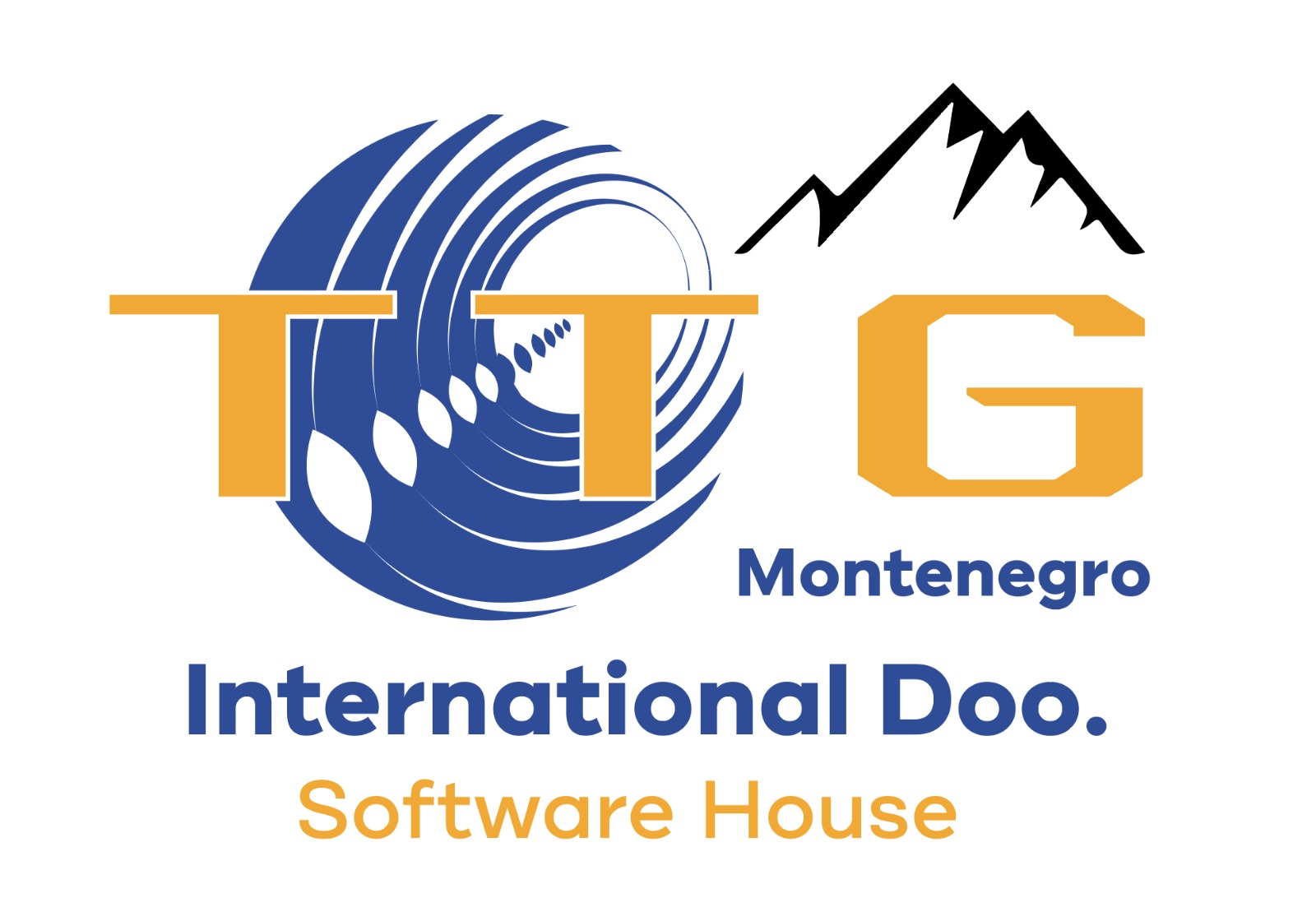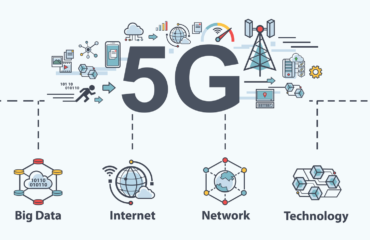Insights from Industry Leaders
As we delve deeper into the future of telecommunications, it’s worth noting the insights from industry leaders who are at the forefront of this transformation. One such leader is Laurent Leboucher, Group CTO and Senior Vice President of Orange Innovation Networks.
Leboucher emphasizes the importance of intent-based automation as Orange transforms its network to be cloud native and software defined. In autonomous networks, systems are governed according to specified objectives or expectations known as “intents”. Intents comprise the requirements, goals, and constraints in a simplified way that’s abstracted from the technical inner workings of the network.
According to Leboucher, intent-based automation is essential for scalability and industrial repeatability in network operations. He cites the example of 5G network slicing, where intent-driven orchestration is needed to manage service level agreements and adapt to different customer requirements and network conditions.
Leboucher also highlights the importance of security, data, and collaboration between operations and data experts in network automation projects. He believes that automation cannot be done without data and that operations and data experts need to work together on the same project, driven by use cases under the control of business and network operations.
These insights from Leboucher underscore the potential of Intelligent Networks and Open APIs in enhancing network efficiency and customer empowerment. As we continue to explore the future of telecommunications, it’s clear that these technologies will play a crucial role in shaping the industry.
Leboucher, L. (2023). Orange CTO Laurent Leboucher on why intent-driven automation is ‘absolutely essential’. Retrieved from [Link to the source], Accessed on [25.07.2023].
Intelligent Networks and Open APIs: A New Era of Customer Empowerment and Network Efficiency
In the rapidly evolving world of telecommunications, the concept of Intelligent Networks (INs) and the use of open APIs are revolutionizing how customers interact with their service providers. These technologies promise to offer a higher degree of control to customers over their services while enabling service providers to manage their networks more efficiently. However, they also bring forth a set of challenges that need to be addressed to fully leverage their potential.
The Promise of Intelligent Networks and Open APIs
An Intelligent Network is a service-independent telecommunications network. That is, the intelligence is taken out of the switch and placed in computer nodes that are distributed throughout the network. This architecture allows the network to be used for many different services, not just voice calls.
On the other hand, APIs, or Application Programming Interfaces, serve as the connective tissue between different software applications, allowing them to interact with each other. Open APIs, in particular, are publicly available for use by other developers, enabling third-party applications to communicate with the software that published the API.
When combined, these two technologies can significantly enhance the customer experience. For instance, open APIs could be used to enable customers to select or change services dynamically. A customer could use an API to upgrade their internet package, add a new service to their account, or modify their existing services. The Intelligent Network would then automatically reconfigure itself to provide the requested services, eliminating the need for manual intervention and reducing the time taken to implement service changes.
The Challenges Ahead
While the benefits are clear, implementing an Intelligent Network with open APIs is not without its challenges.
- Security: In the current scenario, granting VPN access can take 2-4 days due to stringent security checks. With APIs, there’s a need to ensure that these security checks are not compromised, while still providing a more efficient process. Secure API design practices, robust access controls, and regular testing and auditing for security vulnerabilities are crucial.
- Access Management: In a dynamic environment where customers can change services on the fly, managing who has access to what and when is a complex task. A robust access management system that can handle this complexity without compromising security is necessary.
- Network Configuration: The network needs to be capable of reconfiguring itself quickly and accurately in response to changes in services. This requires sophisticated network management and automation tools.
- Scalability: The system needs to be able to scale without performance degradation as the number of customers and the variety of services increase.
- Interoperability: High interoperability is required if the APIs are to be used across different service providers. Achieving this can be challenging due to the variety of systems and standards in use.
The Way Forward
Despite these challenges, the potential benefits of Intelligent Networks and open APIs are significant. They represent a shift towards a more customer-centric approach where customers are empowered to manage their services according to their needs.
However, the key to realizing these benefits lies in addressing the associated challenges head-on, particularly those related to security and access management. As the telecommunications industry continues to evolve, it will be interesting to see how these technologies are adopted and adapted to meet the needs of customers and service providers alike.
We invite you to join the discussion on this topic. How do you see Intelligent Networks and open APIs shaping the future of telecommunications? What other challenges do you foresee, and how can they be addressed? Share your thoughts and let’s explore the future of telecommunications together.


